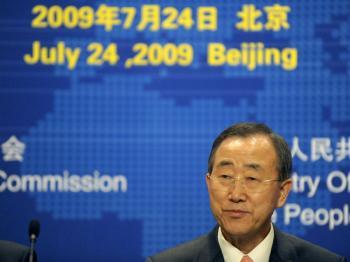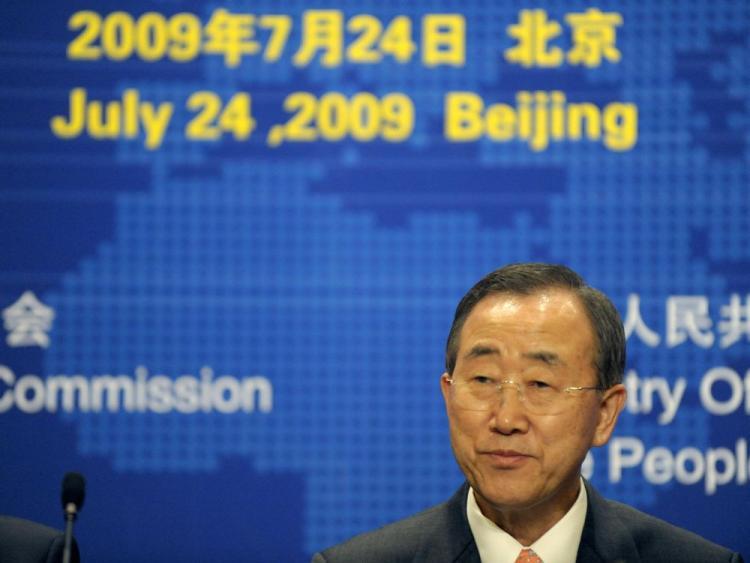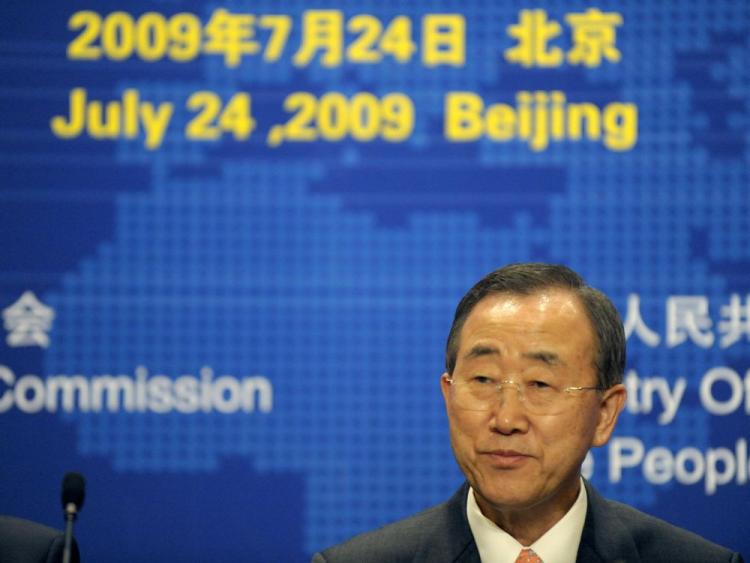Ban Ki-Moon called on the world to start taking practical steps to deal with global warming on July 27.
In a speech in Ulaanbaatar, the Mongolian capital, Ban Ki-moon said that, “We must get very serious about adaptation and we must do so now. There is no time to lose.”
The U.N. Secretary-General said he is aware that taking practical moves towards adaptation will force countries use a lot of financial resources, but argues that, “Ultimately we will all benefit from adaptation,” and “We must invest in the ecosystems that sustain us,” according to the U.N. News Center.
Ban sent the message not only to Mongolia, “You [Mongolian people] are not alone. You are part of the one third of the world’s population—2 billion people—who are potential victims of desertification.”
While Ban is attempting to keep the issue in the headlines, practical moves have yet to be taken by countries with the most influence over global climate policies. In a visit to China on July 25 Ban said that, “National governments can have their national policies, but after all it is provincial governments who have to implement these policies and even from this kind of bottom-up support, policies will be much more effective than top-down policies.”
Many academic researchers believe that China is a main player among the countries responsible for the apparent rise in global warming. Professor of Economics from the Australian National University, Ross Garnaut, said last year that 80 percent of growth in carbon emissions over the next two decades will come from developing countries. “And the biggest element of that for the next couple of decades is China.”
Though signs of dramatic change in climate policy has yet to appear, Ban hopes his efforts will influence world leaders.




